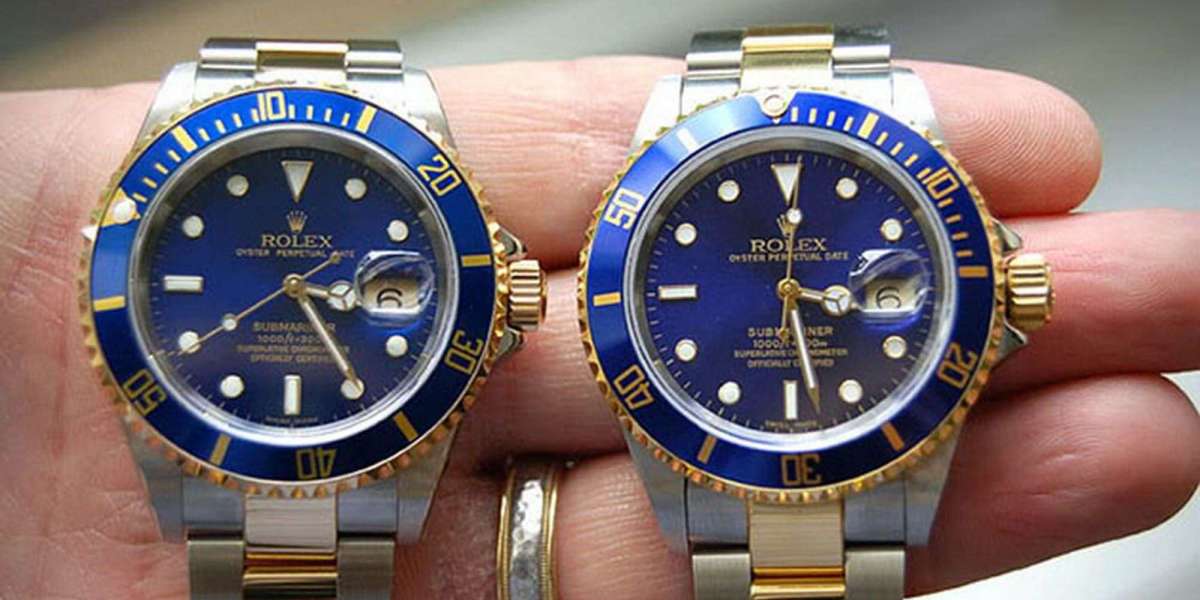Introduction

Rolex replicas, also known as counterfeit Rolex watches, are popular among consumers seeking the prestige and luxury associated with the Rolex brand without the exorbitant price tag. However, the question of their legality has sparked debate among experts and consumers alike. In this article, we aim to provide a comprehensive analysis of the legal implications of purchasing and selling Rolex replicas.
Understanding the Law
Counterfeiting is a form of intellectual property infringement that is illegal in most countries around the world. Rolex, like many other luxury brands, holds trademarks and copyrights on its designs, logos, and brand name. Therefore, manufacturing, selling, or purchasing Rolex replicas without the authorization of the trademark holder is considered illegal.
In the United States, the Lanham Act, the federal law governing trademarks, prohibits the sale of counterfeit goods that bear a registered trademark. This includes Rolex replicas that feature the Rolex logo, design elements, or any other trademarked aspects of the brand.
Similarly, in Europe, the European Union Intellectual Property Office (EUIPO) enforces regulations that protect trademarks and copyrights, making the sale of counterfeit goods, including Rolex replicas, illegal.
Legal Consequences
The legal consequences of purchasing or selling Rolex replicas can be severe. In the United States, individuals or companies found guilty of selling counterfeit goods can face civil lawsuits from the trademark holder, resulting in monetary damages and legal fees. In addition, criminal charges can be brought against counterfeiters, leading to fines and even imprisonment in some cases.
In Europe, the penalties for trademark infringement vary by country but can also result in civil lawsuits, fines, and criminal charges. The EUIPO has the authority to seize counterfeit goods and impose penalties on individuals or companies found to be infringing on intellectual property rights.
Consumer Protection
One of the primary concerns associated with Rolex replicas is consumer protection. Counterfeit goods are often of inferior quality compared to the authentic products they mimic, leading to potential safety hazards and subpar performance. In the case of Rolex replicas, the materials used in manufacturing may be of lower quality, leading to issues such as inaccurate timekeeping, water resistance, and durability.
Furthermore, the sale of counterfeit goods undermines the economy by depriving legitimate businesses of revenue and market share. Rolex, as a luxury brand, invests heavily in research and development, marketing, and customer service to maintain its reputation and standing in the market. Counterfeiters exploit this investment by producing low-cost replicas that deceive consumers and tarnish the brand's image.
Ethical Considerations
In addition to legal and economic concerns, the sale of rolex klockor till salu (jsfiddle.net) replicas raises ethical questions regarding intellectual property rights, fair competition, and consumer trust. By purchasing counterfeit goods, consumers unknowingly support illegal activities and infringe on the rights of legitimate trademark holders.
Moreover, the proliferation of counterfeit goods undermines the trust and confidence that consumers place in reputable brands like Rolex. Counterfeiting erodes the exclusivity and prestige associated with luxury products, diluting their value in the eyes of consumers and damaging their reputation in the market.
Conclusion
In conclusion, the legality of Rolex replicas is a complex issue that involves intellectual property rights, consumer protection, and ethical considerations. While the allure of owning a luxury watch at a fraction of the cost may be tempting, the risks and consequences associated with purchasing or selling counterfeit goods should not be underestimated.
Consumers should be aware of the legal implications of purchasing Rolex replicas and consider the ethical implications of supporting counterfeiters. By upholding intellectual property rights, promoting fair competition, and ensuring consumer trust, we can contribute to a more sustainable and ethical marketplace for luxury products.








